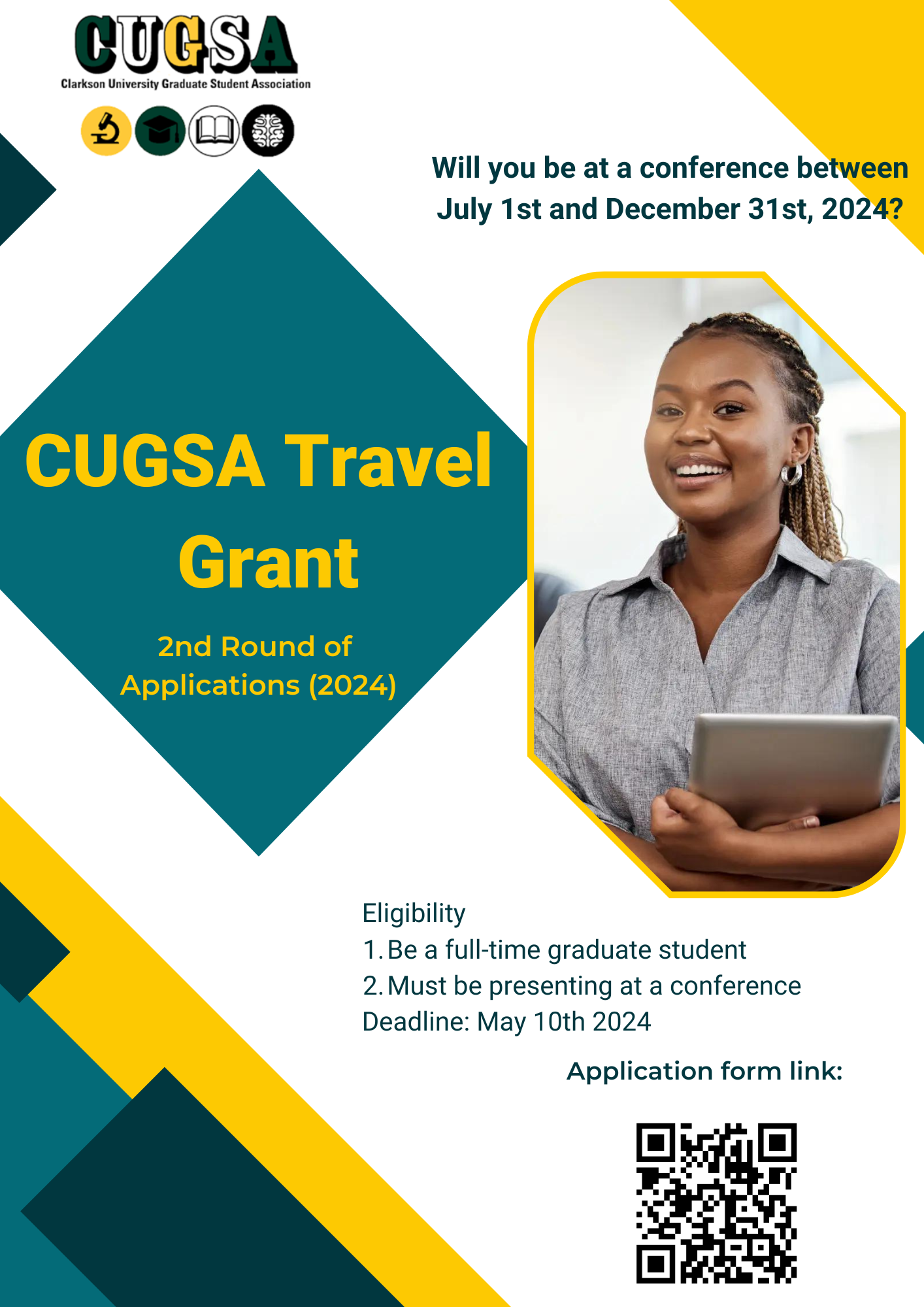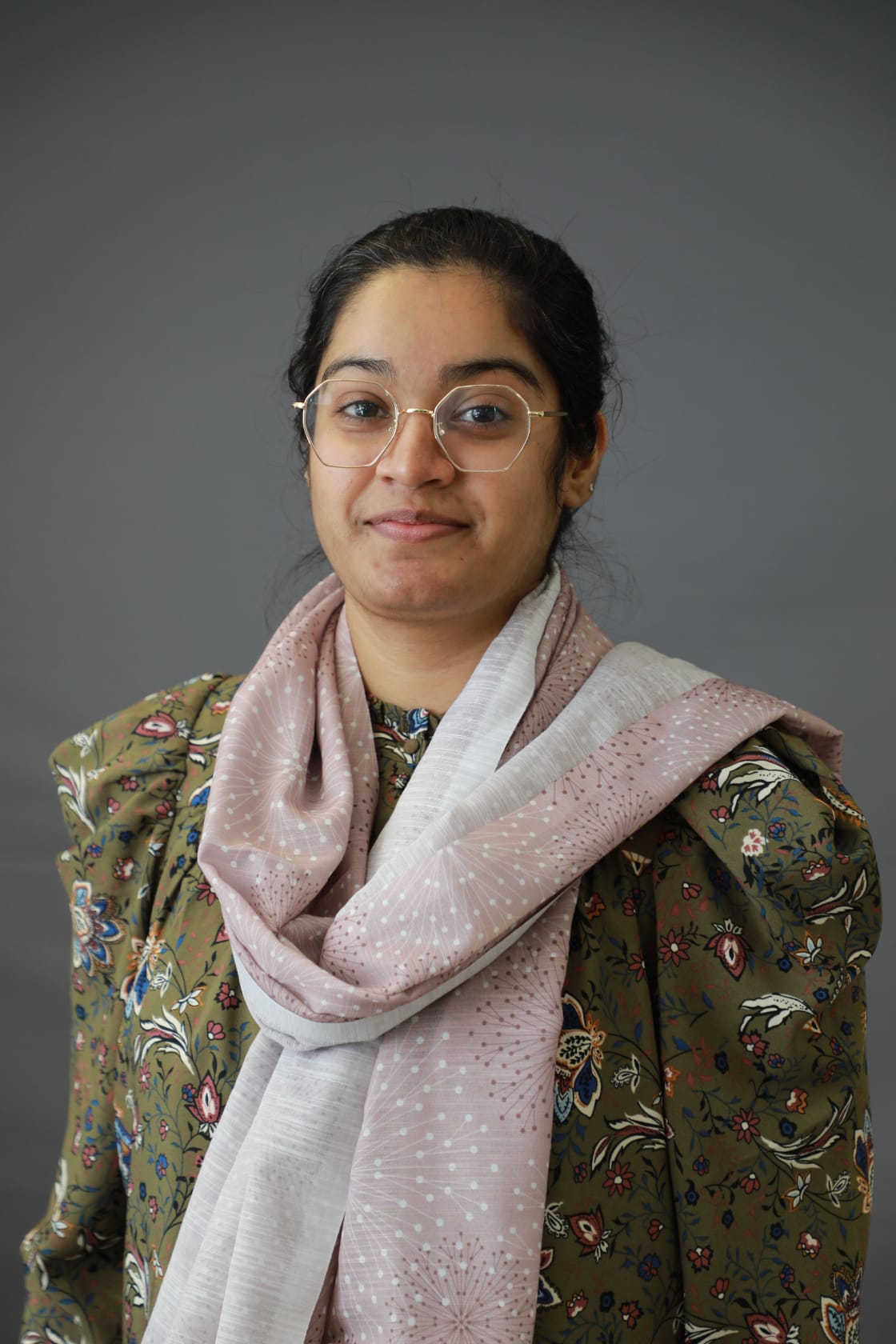With the start of Hanukkah, we want to wish our community a good holiday season. And we hope these resources help us all learn more about each other’s holidays.
Don’t forget holidays can be a stressful time and some may just need a reminder that they are valued members of our Clarkson Community.
Wishing you peace, joy, community, and renewal.
These resources are meant to help people explore diversity, equity, inclusion, and belonging[DEIB] for themselves, in their communities, and in our institution. They may be resources that help you re-examine society and do some introspective reflection, explain core concepts like intersectionality or anti-racism, or practical guides for action, such as how to review a syllabus for equity-minded practice.
The resources are linked in the announcement and saved to a common google folder for all to reference, https://drive.google.com/drive/folders/1a0DXWcmwl4a5zM5lMsBZR_7uk8_OZhIY?usp=sharing.
If you would like to share thoughts on resources, please contact Diversity@Clarkson.edu. We will also be using some of these resources as the basis for workshops and professional development throughout the year.
This week we offer resources to help you know more about the winter holidays celebrated around the world and ways people are adjusting due to COVID.
To learn about upcoming holidays throughout the year, use the following link: https://www.clarkson.edu/religion-and-spirituality
Each holiday has a link associated with it. Click to find out more.
Bodhi Day – a holiday which falls on December 8th and celebrates the day in which Siddhartha Gautama sat underneath the Bodhi tree and attained enlightenment. This one defining moment would become the central foundation upon which Buddhism has been built upon for the last 2,500 years. It is a day on which followers can renew their dedication to Buddhism; reaffirm themselves to enlightenment, compassion, and kindness to other living creatures; and also understand the relevance of this religion as it applies to the modern world.
Hanukkah/Chanukah (Jewish) November 28 – Dec. 6 Hanukkah is the Jewish festival of lights and lasts for eight days. Hanukkah commemorates the Jewish struggle for religious freedom. The history of the holiday involves a historic military victory in which a Jewish sect called the Maccabees defeated the Syrian Greeks. The celebration commemorates a miracle in which a sacred temple flame burned for eight days on only one day’s worth of oil.
On each of the eight nights of Hanukkah, Jewish families light an additional candle of the menorah candelabrum until all eight candles are lit. Jews celebrate with food and song, as well as exchanging gifts for eight days.
Hanukkah begins at sundown on the first day.
Shabe Yalda Dec 21
Yule/Midwinter/Alban Arthan/Winter Solstice (Pagan, Wiccan, Druid) Dec. 22 – Jan. 2 The longest night of the year followed by the sun’s “rebirth” and lengthening of days. In most traditions, Yule is celebrated as the rebirth of the Great God, who is viewed as the newborn solstice sun. Some Pagans consider Yule to be the beginning of the new year. One of the eight major annual sabbats or festivals.
Burning the Yule log (which was traditionally part of last year’s Yule tree) is an act of faith and renewal that, indeed, the light, and the warmth will return.
Christmas (Christian — Roman Catholic and Protestant) Dec. 24-25 Christmas is an annual celebration commemorating the birth of Jesus of Nazareth, the Messiah whose message and self-sacrifice began the Christian religion.
Many celebrate this holiday by giving gifts, attending church services, decorating Christmas trees and visiting family. Some may observe month-long Advent activities prior to Christmas..
Kwanzaa – Dec 26 – Jan 1 As an African American and Pan-African holiday celebrated by millions throughout the world African community, Kwanzaa brings a cultural message which speaks to the best of what it means to be African and human in the fullest sense.
Gantan-sai (Shinto) – Jan 1 Gantan-sai is the annual New Year festival of the Shinto religion.
Practitioners pray for inner renewal, prosperity, and health, as well as visiting shrines and visiting friends and family.
Epiphany/Twelfth Night/Three Kings Day (Christian — Roman Catholic and Protestant) – Jan 6
Christmas (Eastern Orthodox Christian) – Jan 7 [A funny and informative college-student take on Orthodox versus Roman Catholic Christmas.]
Christmas is an annual celebration commemorating the birth of Jesus of Nazareth, the Messiah whose message and self-sacrifice began the Christian religion.
Many celebrate this holiday by attending church services, holding celebratory meals, and visiting family.
Don’t forget holidays can be a stressful time and some may just need a reminder that they are valued members of our Clarkson Community. Wishing you peace, joy, community, and renewal. If you want us to list other holidays, please contact diversity@clarkson.edu. Thank you.


